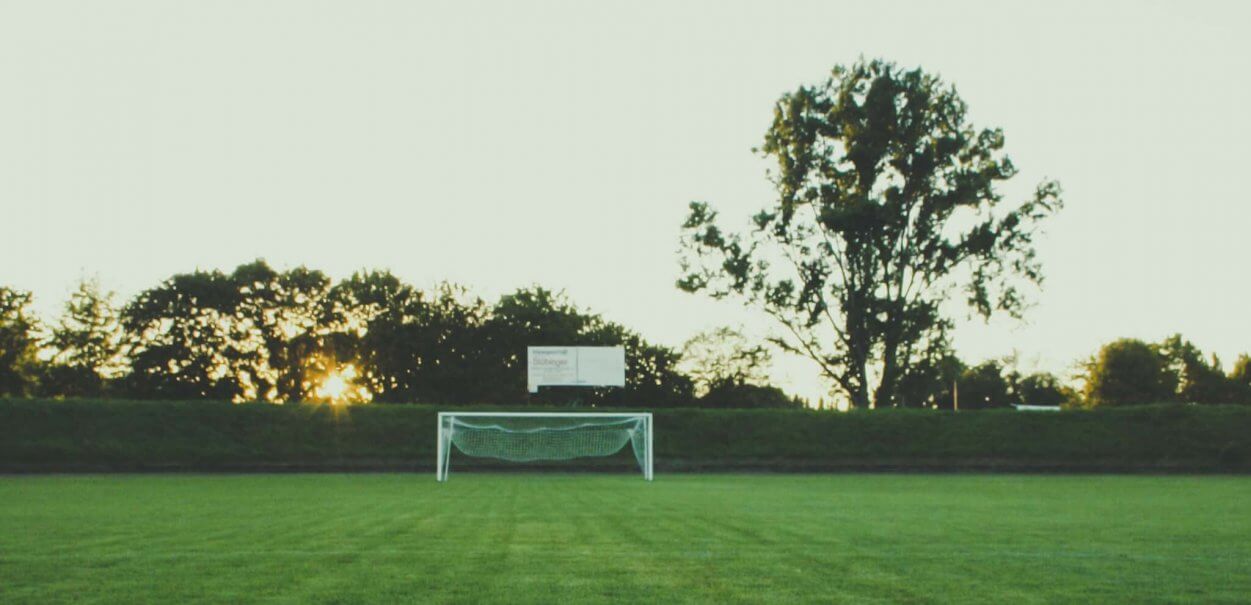
5 Min Read
Apr 24 2019
By Dr Dan Parnell
A large part of the business of football is to identify talent and make efficient decisions about player and staff acquisition. The network that a Sporting Director operates plays a vital role in the process of identifying both playing and non-playing talent, such as heads of department and the first team manager. This article introduces three concepts for analysing networks and the implications these concepts may have for Sporting Directors hoping to gain a competitive advantage in finding talent.
Embeddedness
Pioneering political scientist Charles Tilley once wrote:
“It is through personal networks that society is structured, and individuals integrated into society. Daily life proceeds through personal ties: workers recruit in-laws and cousins for jobs on a new construction site; parents choose their children’s paediatricians based on personal recommendation, and investors get tips from their tennis partners. All through life, the facts, fictions, and arguments we hear from kin and friends are the ones that influence our actions most. Reciprocally, most people affect their society only through personal influences on those around them.”
Embeddedness argues that all economic activity is rooted in social relationships, and suggests that all within football do not have access to the same connections (i.e., people, recruiters, intermediaries), as such the decisions are constrained by their network.
Considerations for Sporting Directors
Sporting Directors should consider whether their past staff acquisitions (or the latest acquisitions in football) have resulted from a thorough and transparent recruitment process identifying the best person for the job on merit, or whether something else has driven the process – such as a colleague’s recommendation or word of mouth. The power of a Sporting Director’s network can have profound consequences on the makeup of the team (on and off the pitch).
Read more about how networks may influence the recruitment of a Sporting Director.
Strength of weak ties
This concept argues that (weak) connections with a diverse group of people are more beneficial than strong bonds with a few people. Individuals who share strong connections to one another tend to be very similar in nature. This is important for trust and culture; however, the network can become over-represented by people who see the same things, think the same way and share the same information. If a group shares strong relationships and all the individuals are relatively similar, there will be many redundant connections regurgitating the same information, which stifles creativity and innovation (and plenty of ‘yes men’). As such, this concept argues that it is the weak ties to a diverse network of connections that allows access to new information, innovation, resources and ideas.

Considerations for Sporting Directors
If Sporting Directors develop relationships with differently minded thinkers, it might be a good thing. Whilst creating an inner sanctum based on trust with strong connections is an essential component in everyday working and culture creation, without connections with different people you might miss the innovation happening elsewhere, as it is perhaps the weak ties that give a competitive edge.
More on networks of club loan programmes in England and Italy and with respect to mobility in football minors.
Structural Holes
Structural holes are where separate components of networks exist, that is two networks can co-exist and be unaware of each other (they can also be aware) because they are not connected, so the person who can bridge these two networks can fill the structural hole and reap the rewards. Bridging a structural hole or being a broker between two parties is important. As they can introduce people or organisations, share or direct information (such as opportunities). Conversely, they can also leverage their position, create tension between two parties or control the information and message — either way, structural holes give those who fill it competitive advantage.
Take the example of two Sporting Directors who are interested in player x from club y. On the surface each Sporting Director has access to the same information and price is determined by the market. However, recruitment is made much more complex because of these social relationships and network structure, which impact decisions and actions. Players and clubs can be represented by intermediaries (or agents) who may broker between two parties in a transaction.
The presence of an intermediary fills a structural hole if the two Sporting Directors are unaware of the other’s motives, as such the intermediary/agent can leverage their position and withhold information, complicating the buying process and driving up the price (competitive advantage). This is just one example of many within the industry (internal and external).
Considerations for Sporting Directors
Sporting Directors should consider their network. Crucially, the Sporting Director not only needs to know how to fill structural holes, they also need to know who fills them, and to decide to keep them open (as this can also be beneficial, for example, an internal member of staff who knows everyone and is a source of social capital) or close it.
Read more about networks in football intermediaries.
Recommendation to Sporting Directors
Sporting Directors should understand their network (strengths and weaknesses) and that of their competitors – if they intend to exploit their networks and gain a competitive advantage.
The article can be accessed here.
Reference:
Parnell, D., Widdop, P., Groom, R., & Bond, A. (2019). The emergence of the sporting director role in football and the potential of social network theory in future research, Managing Sport and Leisure, 4(6): 242-254. https://doi.org/10.1080/23750472.2018.1577587
Featured image sourced here.